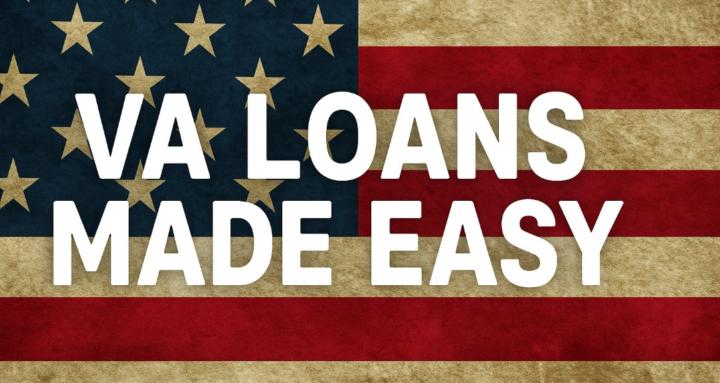Aug '25 • VA Purchase Loans
How To Exclude Co Signer Debts On A VA Loan
Key Takeaways
- Not all debts automatically count against you when applying for a VA loan—debts paid by others may be excluded under certain conditions.
- Understanding the difference between contingent and non-contingent liabilities is crucial in determining which debts can be excluded from your debt-to-income (DTI) ratio.
- For contingent liabilities (such as co-signed loans), lenders typically require proof of 12 consecutive payments made by the other party to consider excluding the debt.
- Non-contingent liabilities, where you are the sole borrower, generally cannot be excluded regardless of who is making the payments.
- Late payments on co-signed loans are treated differently by lenders and may impact loan approval depending on lender discretion.
- Always consult your lender for personalized guidance on your specific VA loan situation.
When you’re applying for a VA home loan, understanding how your debts are evaluated can make a significant difference in your loan approval chances. One common question I get is whether you can exclude debts that someone else is paying—like a parent, spouse, or child—from your VA loan debt-to-income ratio. The good news is, under certain circumstances, you can. But it depends on the type of liability you have and the documentation you can provide.
In this article, I’ll walk you through the ins and outs of how VA loan underwriting treats debts paid by others, focusing on the critical distinction between contingent and non-contingent liabilities, what the VA guidelines say, and practical steps you can take to work this to your advantage.
1
0 comments

skool.com/va-loans-made-easy
Learn more about the VA home loan program. Hosted by Carlos Scarpero, VA Mortgage Specialist. NMLS 1674385
Powered by


